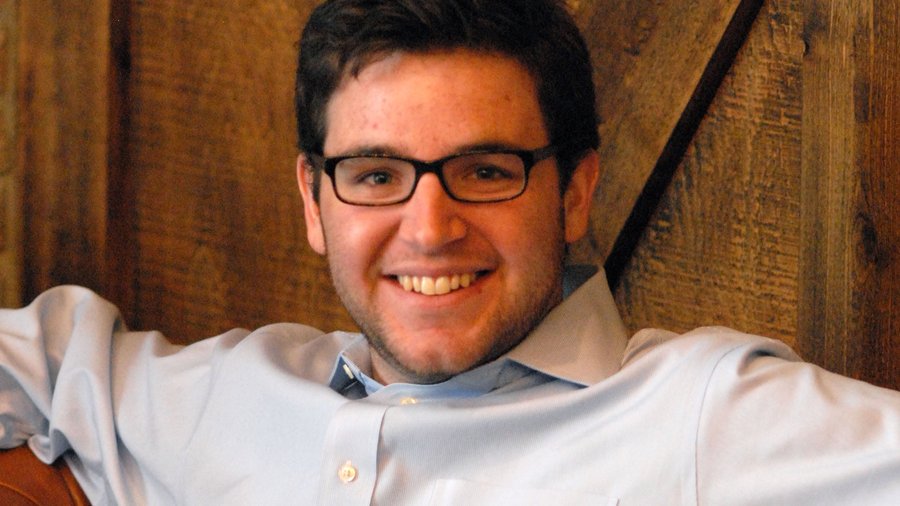Restaurateur Eytan Sugarman opened Southern Hospitality, the Memphis, Tenn.-style barbecue restaurant in New York City eight years ago with help from a famous friend Justin Timberlake, and Trace Ayala, the star’s business partner, pal and fellow Memphis native.
Even though Timberlake frequents the Hell’s Kitchen restaurant when he is in New York, as do other celebrities, he was simply the co-creator of the concept, the menu and the music and not — contrary to rumors — either an investor or owner in the establishment, his rep has repeatedly said. But even a brush of BBQ fame can go a long way — in this case, clear across the country.
Two years ago, the owners of the New York restaurant franchised a second location in Denver through Colorado Springs, Colo.-based restaurant operator Southern Concepts Restaurant Group. Now that group has licensed the Southern Hospitality brand with plans to turn it into a Chipotle-like fast-casual chain featuring 40 stores over the next five years, primarily in the Southwest, president Mitch Roth told me in a phone interview.
The restaurants, which will each be called Southern Hospitality Restaurant and Bar, just like the originals, tap into a few hot trends in U.S. restaurants right now, including a rise in interest in fast casual food, which has grown by 550 percent since 1999, more than 10 times the growth seen in the fast food industry over the same period, according to data from Euromonitor, a market research firm, and a steering away from carbohydrates.
“We’re riding the fast casual trend, and breaking the mold on the delivery method of barbecue which hasn’t gone through any sort of change in decades,” Roth says. The idea is meant to appeal not just to barbecue lovers, but to customers who are trying to stay away from carbohydrates, or are on Paleo or gluten-free diets.
Southern Hospitality’s owners will provide guidance, but not be involved directly.
“We’re really growing the brand alongside of them, it’s more of a partnership,” Roth said. “We’re licensing the brand, and we’re the ones that will be operating the systems, developing the design of the restaurant and so forth.”
The fast-casual restaurants will be about 2,500 square feet in size, far smaller than the 7,500-square foot Southern Hospitality restaurant in Denver or the one that is set to open in Lone Tree, Colo., a wealthy suburb of Denver on April 15. The first fast-casual eatery will be in downtown Denver on South Colorado Boulevard, and is set to open in either June or July, with another to follow in Colorado Springs at University Village. From there, they will expand at a rate of two openings per quarter starting in 2016.
Other areas that the group plans to concentrate chain locations are in and around Colorado, particularly in more affluent suburbs, and then in the Phoenix and Scottsdale, Ariz., areas as well as the San Diego and Orange County, Calif. areas.
Unlike other parts of the country, such as Texas,North Carolina, and St. Louis, “each of these three locations are in areas that don’t have a native version of barbecue,” Roth said.
The analytical approach to restaurants comes from his banking background, says Roth, 26, who was working as an investment banker in New York City when he was brought on by the Southern Hospitality owners to open the Denver franchise location. To expand beyond the two full-size restaurants, the Southern Concepts Restaurant Group decided to follow in the profitable footsteps of Chipotle, with barbecue rather than Mexican food, but featuring the same type of quality, hormone-free and antibiotic-free meats.
“The fast-casual concept from a [capital expenditures] standpoint is less expensive to develop and it’s a more profitable model,” Roth said.
They’ll raise capital at the unit level for each store, and based on industry data, Roth says he anticipates each one will generate $1.8 million in revenues with profits of about 20 percent. As to how they’ll manage turning barbecue, which takes a notoriously long time to cook properly, into something you can order on the fly?
“Our meats are smoked for a very long time: they’ll be prepped the night before and smoking during the night for 12 hours at a time,” Roth said. “There’s quite a bit of kitchen technology that allows them to hold their moisture. They can be held in hot boxes where they are carved to order for the consumer.”
Customers will start at the beginning of the line, where they can choose brisket , pulled pork, chicken, or turkey that will be carved up right in front of them.
They can get it plain on a plate, on a sandwich or on a salad, and they’ll be able to customize it with the type and the amount of barbecue sauce that they would like, Roth said. For customers, that’s the type of service they can ask for but may or may not receive at a full-service restaurant. Meal prices, which include about 5 to 6 ounces of meat depending on which type is selected, a side order and a drink, will be about $10 to $12.
Oh and if you go to a barbecue place as a vegetarian, you’re covered. There’s tofu.
